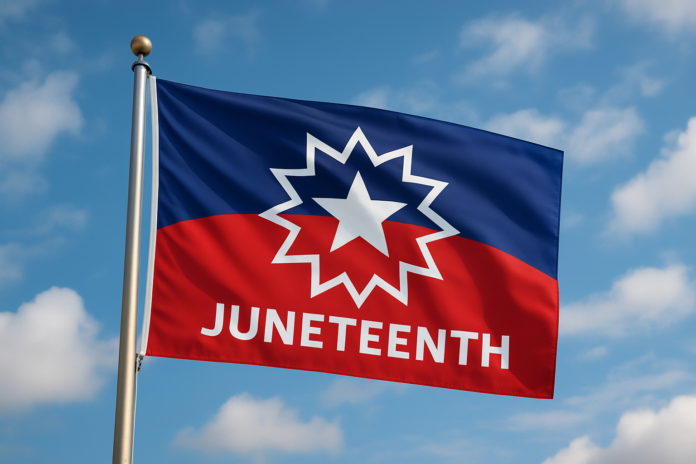June 19 marks a turning point in American history—one that is now observed each year as Juneteenth. The 2025 holiday brings people together to recognize the day when freedom reached the last group of enslaved African Americans in the United States, nearly two and a half years after the Emancipation Proclamation had been signed.
During the final months of the Civil War, many areas of the South remained outside Union control. Although President Abraham Lincoln had issued an order in 1863 declaring those held in slavery in rebellious states to be free, enforcement depended on the presence of federal troops. In Texas, that presence arrived later than in most other states.
On June 19, 1865, a Union general named Gordon Granger arrived with soldiers in the city of Galveston. Upon arrival, he issued a public notice announcing that slavery would no longer be tolerated and that formerly enslaved people were to be treated as free individuals with rights. This moment led to immediate celebrations, relief, and a flood of emotion among the people who heard the news. Some chose to leave the area to seek relatives or new beginnings; others remained to rebuild their communities.
In the years that followed, the anniversary of that day became a time of remembrance and community gathering. Early events—often held in churchyards or public spaces—featured food, music, and speeches, with red-colored dishes becoming symbolic within the tradition. The observance became known as “Juneteenth,” a shortened form of the date.
By the early 20th century, these commemorations had spread beyond Texas. Families moving to other regions brought Juneteenth customs with them, helping the observance gain momentum in new areas. Still, during much of the 1900s, the holiday received little official support, and public recognition was uneven. That began to change in the 1980s, when Texas passed legislation to formally recognize Juneteenth as a holiday within the state.
Over the following decades, other states followed. By 2020, most had acknowledged the day in some form. Momentum increased further during the nationwide protests of that year, which sparked deeper public engagement with the history of racial injustice in the United States. In June 2021, the federal government established Juneteenth as an official holiday.
This year, Juneteenth events are taking place in cities across the country—from cultural festivals and musical performances to panel discussions and family gatherings. The day serves as both a celebration and a call to remember the difficult road to freedom and equality.
Among the figures who continue to advocate for broader awareness is Opal Lee, known for her decades-long push to make Juneteenth a national holiday. Her story is one of many that reflect the determination behind this day of reflection—a day that asks Americans not just to look back, but also to look forward.
This image is the property of The New Dispatch LLC and is not licenseable for external use without explicit written permission.
